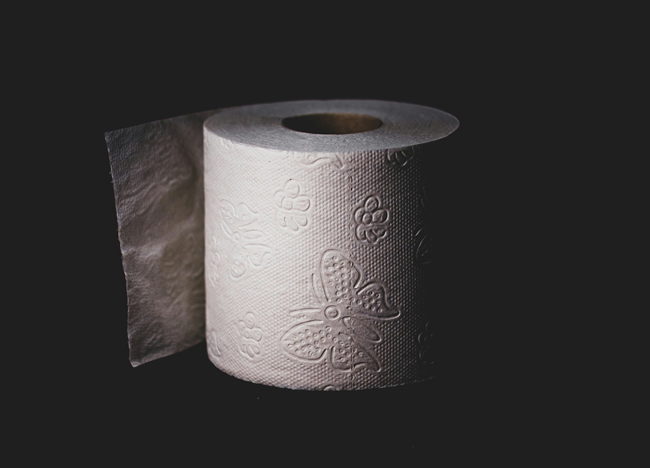movebetter
Member
- Joined
- Jun 14, 2017
- Messages
- 198
Hi, you mentioned "there's things that take out cancer cells without negatively effecting healthy cells". Can you point me to some of these ways?Sometimes whats good for healthy cells is also good for cancer cells, and whats bad for healthy cells is also bad for cancer cells
cancer cells are healthy cells that lost function over time starting with mitochondria dysfunction, & lose more & more complexity , dividing without the previously beneficial function. so they still have some commonalities
(i.e here, both protect themselves against ROS with glutathione. plays a role in repairing mitochondria DNA also)
so if you deplete glutathione to harm cancer cells, you are also harming healthy cells. (well for most people at least - with so much oxidative stressors around and unoptimized mitochondria as a default through lack of focus on this - oxidative stress is probably much more of an issue than reductive stress)
(maybe can do some things that harm healthy cells just a bit, but because the cancer cells are dysfunctional they cant tolerate it vs healthy cells. so net benefit. but doesnt have to be that way there's things that take out cancer cells without negatively effecting healthy cells)
on the other hand with active cancer its an option to slow it down / help things kill it , that might outweigh effect on healthy cells





